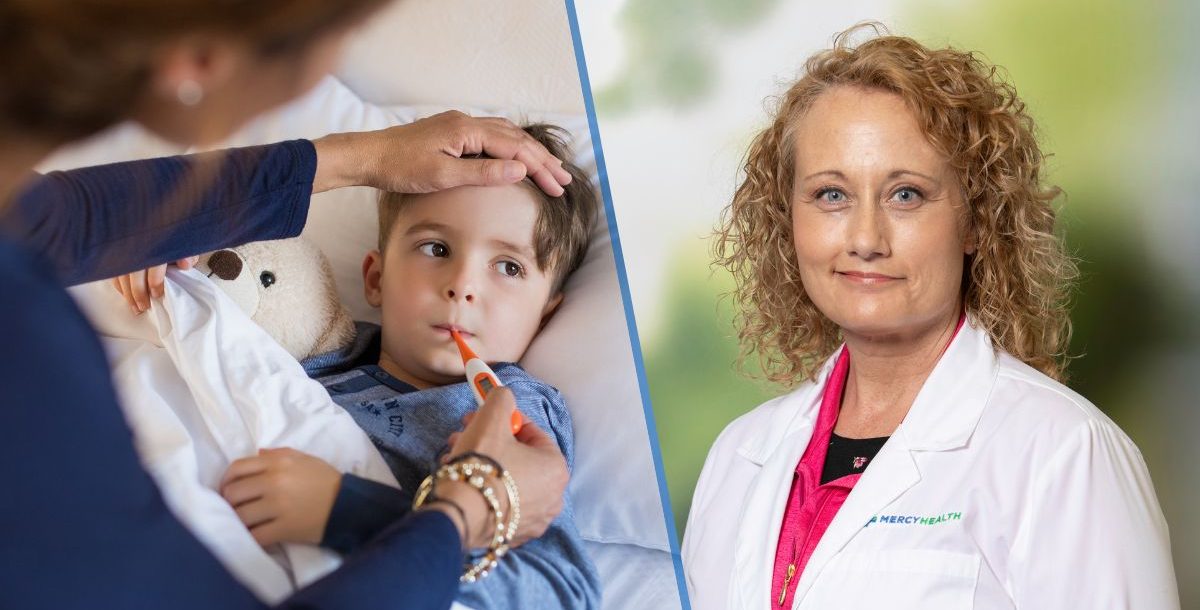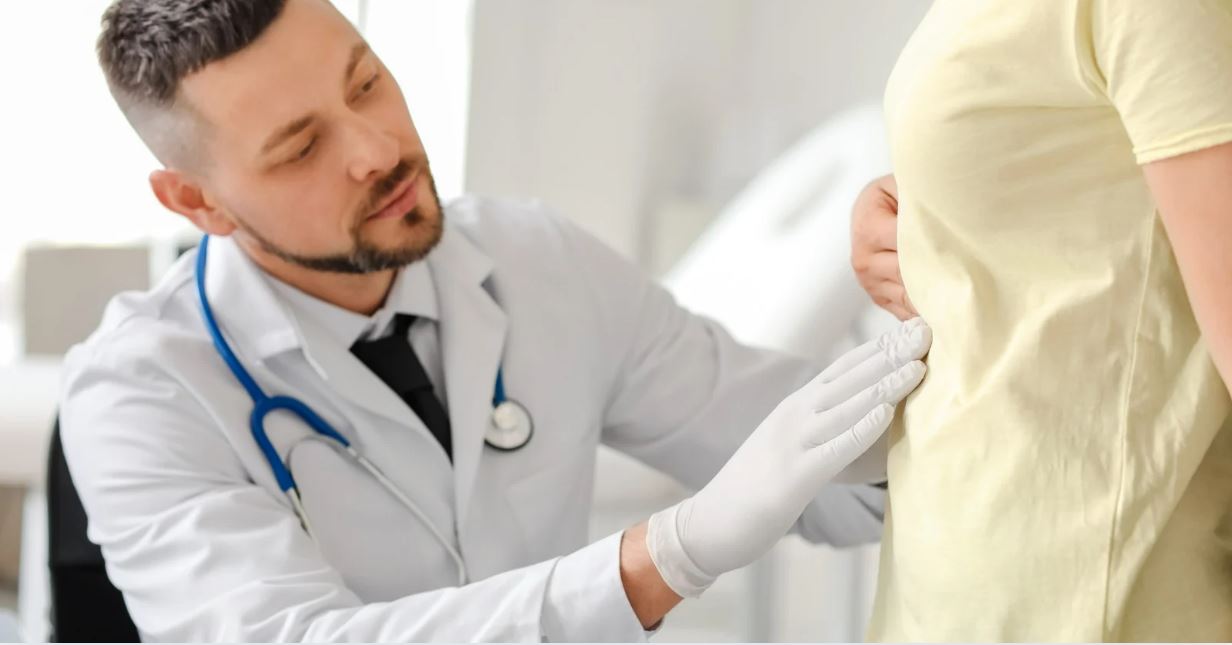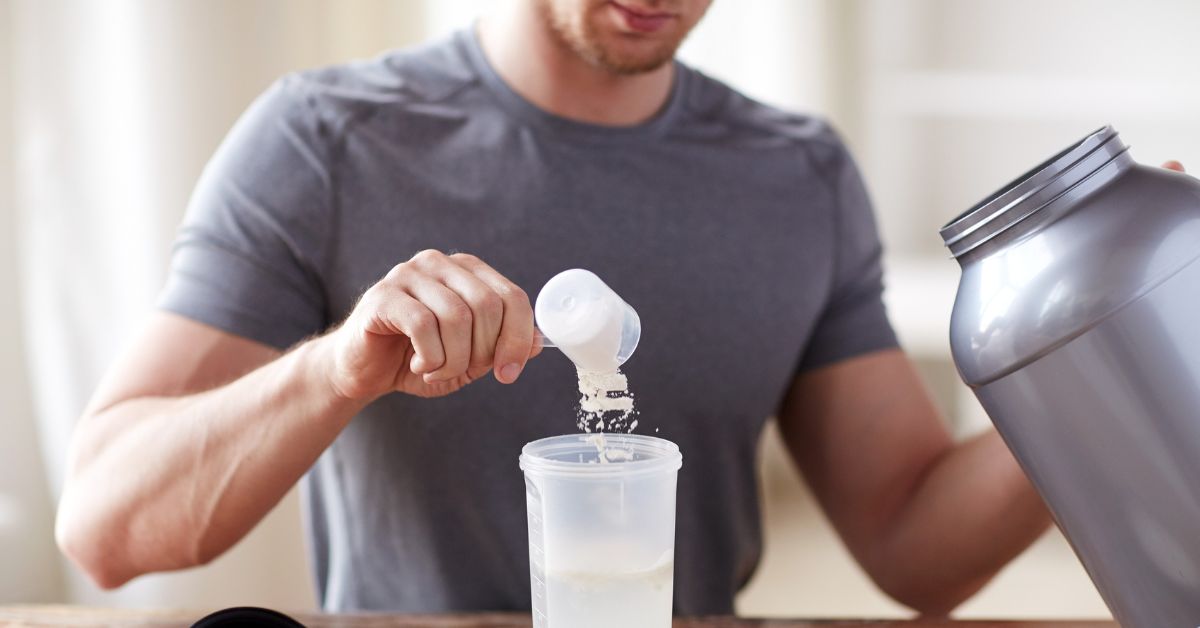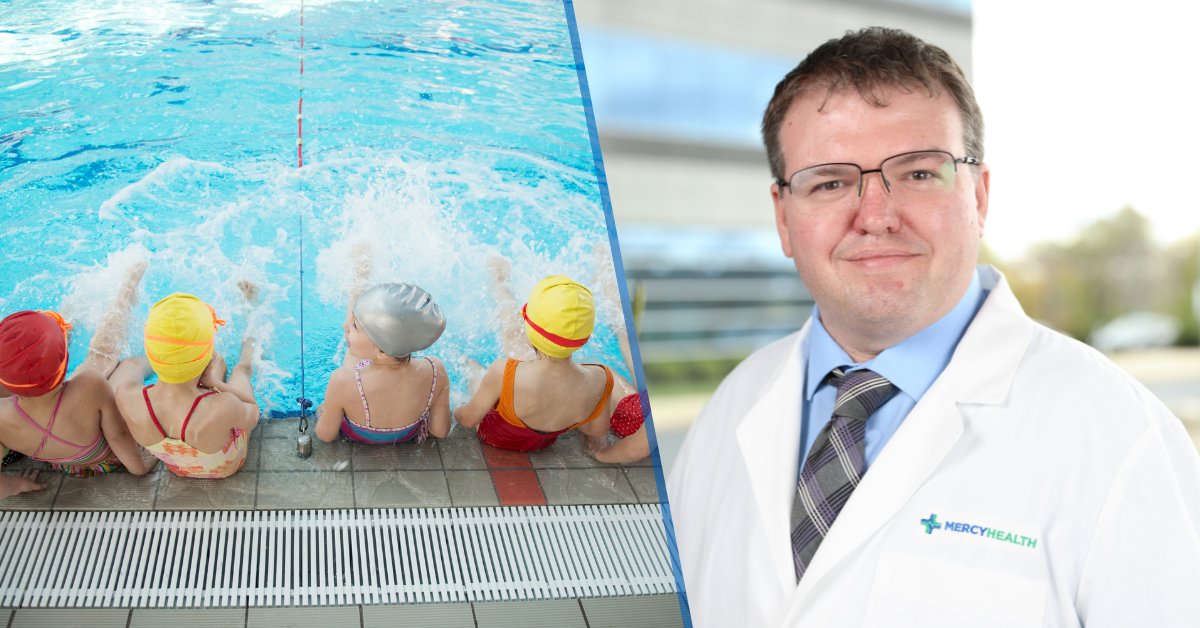It’s not uncommon to catch a cold. However, if you’re the parent of a baby, it’s important to understand cold symptoms are sometimes caused by a more serious health condition. Understanding the differences between a cold vs. RSV is important.
Respiratory syncytial virus infection (RSV) is a common respiratory virus that usually causes cold-like symptoms. While most adults recover in a week or two, RSV can be serious – even life-threatening – for infants.
If symptoms last for more than two weeks or become progressively worse after a week, make an appointment with a primary care provider.
RSV vs. Common Cold
RSV is one of many respiratory viruses that are around from late fall to early spring. Just like the cold or flu, RSV spreads through the air, like after a cough or sneeze, as well as through direct contact, such as touching. An individual with RSV is usually contagious for three to eight days.
“Infants have very tiny airways that become inflamed and plugged with mucous with RSV, making it difficult to breathe,” Donya Weeks, APRN-CNP, a primary care provider with Mercy Health – Urbana Hospital Family Medicine and Pediatrics, explains. “Babies under 6 months of age have immune systems that are not fully developed, increasing their risk of developing severe RSV symptoms.
Many people mistake the symptoms of RSV for symptoms of the common cold, which include coughing, sneezing and a fever. It is very common for young children to develop these kinds of symptoms, especially if they are in daycare or school.
However, babies born prematurely, children younger than 2 who were born with heart or lung disease and children younger than 10 weeks old are at the highest risk for developing RSV.
Some common symptoms that may indicate your child has RSV are:
- They have a high-pitched whistling or wheezing noise when they breathe
- They are unusually upset or inactive
- They have a cough with yellow, green or gray mucus
- They are having trouble breathing, or there are pauses in their breaths
- They refuse to breastfeed or bottle-feed
- They have signs of dehydration, including a lack of tears when crying, little or no urine in their diaper for six hours and cool, dry skin
If your baby is very tired, breathes rapidly or has a blue tint to their lips or fingernails, call 911 or go to the emergency room immediately.
“Up to 3 percent of infants with RSV will need to be admitted to the hospital, with some even needing ICU care,” Donya shares.
Avoiding RSV
There are many easy steps you can take to avoid RSV and prevent it from spreading. They include:
- Avoid kissing your baby or other babies if you have cold symptoms or are recovering from a cold
- If possible, keep your baby away from anyone with cold symptoms and avoid crowds
- Regularly clean and disinfect hard surfaces
- Don’t let anyone smoke around your baby and avoid areas where there is smoking
- Ask people to wash their hands before they touch or hold your baby
- Limit the time high-risk babies and young children are in daycare
- Wash your hands often, especially after contact with someone who has cold symptoms
“Keeping your child up to date on vaccinations helps, too,” Donya adds. “For infants going into their first RSV season, there is a vaccine option called nirsevimab (Beyfortus) that we are currently giving in our office. Nirsevimab has been shown to be approximately 80 to 90 percent effective in preventing an infant from needing hospitalization when ill with RSV.”
She continues, “The vaccine works differently than most vaccines in that it starts protecting infants right away with preventive antibodies. The vaccine typically covers for four months. It can be given from birth to 8 months of age. In some medically fragile children, it will be given until 19 months of age.”
Diagnosing and treating RSV
It can be stressful when your baby isn’t feeling well. It’s very important to contact his or her pediatrician if you notice any symptoms or they aren’t acting quite right.
The doctor will likely do a physical exam and listen to their lungs. The doctor might also do some tests, such as chest X-rays or lab work, to rule out other problems.
In most cases, doctors don’t usually treat RSV as medication will not treat the virus itself. So, in most cases, treating the infection involves treating the symptoms at home.
Learn about the primary care services we provide at Mercy Health.






